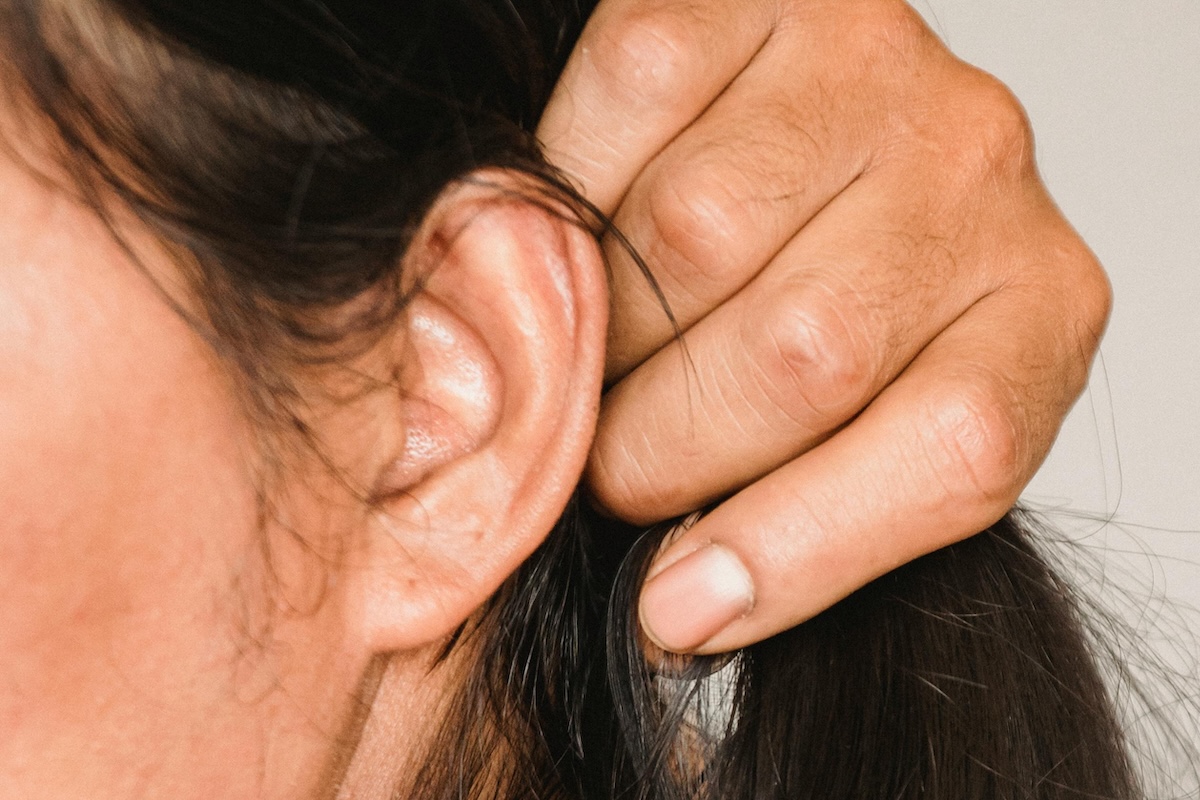Hot flushes are a well-known symptom of perimenopause, but how normal are heart palpitations and heart-racing episodes during hot flushes? And if they’re normal, how high of a heart rate is considered normal during a hot flush?
—Liz Pottery
Hot flushes and night sweats are both common menopause symptoms and very well studied among perimenopausal women. However, there are a whole host of other symptoms that women experience during the menopausal transition.
While palpitations are not well studied — this review found just five studies, compared with 17,000 studies on hot flushes and night sweats — there are a few observational studies that include data regarding palpitations during the menopausal transition.

Those studies that have been done found that about 20% of women will experience palpitations during the menopausal transition. Unlike with some other symptoms, we do not have data that ties those symptoms to dropping estrogen levels. However, we do know that palpitations increase in prevalence and frequency during menopause.
Because we do not know very much about palpitations in menopause, including how they are connected to hormonal changes, we don’t have much data on which treatments are effective for reducing the frequency of palpitations associated with menopause. We don’t have evidence, for example, that estrogen reduces palpitations.
Because your palpitations are associated with hot flushes, it would be reasonable to discuss treating your hot flushes with your doctor. If the palpitations improve along with the hot flushes, amazing!
As for how high a heart rate is too high? I would be less concerned about the number and more concerned about other symptoms. If you are lightheaded or experiencing chest pain or discomfort with the palpitations, you should seek medical care immediately.
In summary: Palpitations are a common symptom of menopause, but they are poorly studied, so there is little data on how best to manage them. However, if your palpitations are associated with other symptoms such as lightheadedness or chest discomfort, you should seek medical attention right away.
Community Guidelines














Log in